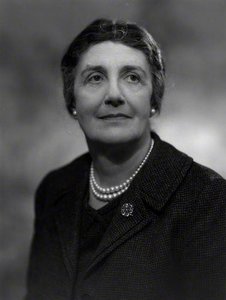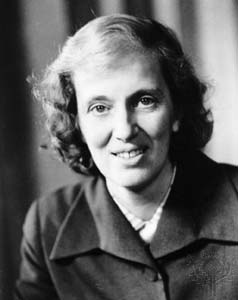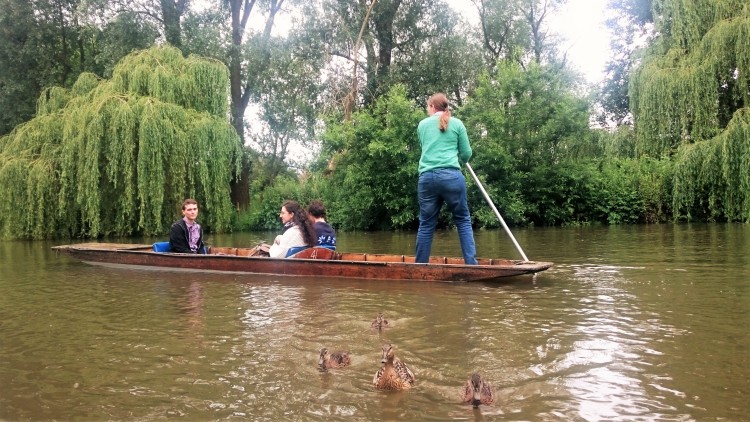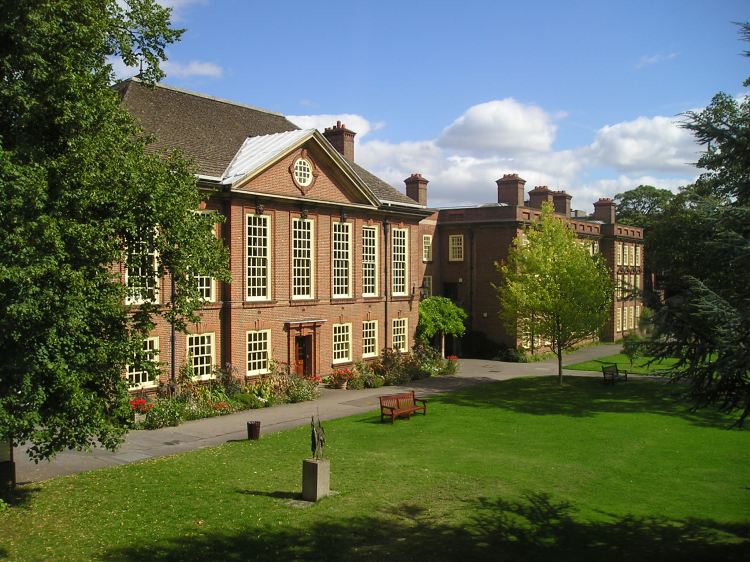What is a woman’s college? Today, there are no more colleges solely for women in Oxford, although Cambridge has Murray Edwards, Newnham, and Lucy Cavendish. However, the history of being a woman’s college is still, inevitably, stamped into Somerville College. The dining hall, where students gather regularly, and will spend important events from fresher’s dinner to a leaving dinner, is decorated with large portraits of the female principals. The smallest portrait is actually that of Daphne Park, who is known as the ‘Queen of Spies‘ for her work with MI5 during the Cold War. At one end, Mary Somerville, the college’s namesake, a mathematician whose contribution to the subject is being recognised soon by the Royal Bank of Scotland. A short walk around the Somerville site will reveal other famous alumni: most notoriously Margaret Thatcher, Indira Gandhi, Dorothy Hodgkin, Winifred Holtby, Vera Brittain, and Shirley Williams – all of whom have buildings affiliated with them.

Mary Somerville, after whom the college was named
This is a powerful legacy, a more glorious list of alumni than Somerville is given credit for – something Alice Prochaska, the current Principal, questions in relation to female fame in a wonderful paper on women’s colleges. One part of this legacy is also women overcoming severe disadvantages – from becoming the first female Prime Minister to simply attending university against the wishes of a family who did not approve. When Vera Brittain came to Somerville, women could not earn degrees, or even enter the University libraries without permission and a chaperone. Such stories are a part of Somerville’s story, highlighting women’s suppression and their resistance.
When talking to my interviewees, I was keen to gain something of what the women’s college meant for them. Interviewing women who had been at Oxford between 1943 and 1964 was an interesting time period. Women had had degrees in Oxford for a long time, but there was a cap on female numbers until 1957. Even when that changed, there were of course only four women’s colleges. One interviewee, who came up in 1954 hazarded a guess at ten men to every woman, and said it was bigger in science. The other science students also referenced how few women there were in the lab. One, who had gone on to do a D.Phil., said that there were 25 scholarships for this and that only two women got one.
However, what this did mean, is that science ladies never wanted for a date. The first woman I referenced here spoke of being positively inundated with requests from the men, who wanted dates for all of the balls and events around Oxford. She actually said that returning to Somerville was something of a relief, an escape from the men who had to be cleared out before hall. Another woman spoke cheerily about snogging sessions outside the front of college at 11pm, right before all the men had to head back to their own colleges. Another woman said that her group of friends joined the Judo club – solely because there weren’t any women in it and they wanted to ask why. These little details definitely bring the realities – fun or otherwise – of women’s colleges to life.
To return, perhaps, to the more intellectual side of life in a woman’s college, one woman who was a young fellow at Somerville relished the conversational gatherings of intelligent women. For scientists in particular, who worked (and would go on to work) in a male-dominated field, meeting women from all disciplines all of whom excelled, was an important experience. All of my women spoke of discussions with all the other girls, and the lifelong confidence they associated with Somerville. They often deliberately mentioned the benefits of meeting lots of women who were all different – from different backgrounds or with different opinions, with different specialties and subtleties. Many of these women would go on to be the first in their field, or the only woman at their workplace, or face prejudice for working while they had children. Somerville gave them confidence to excel, in whatever they ended up in.






